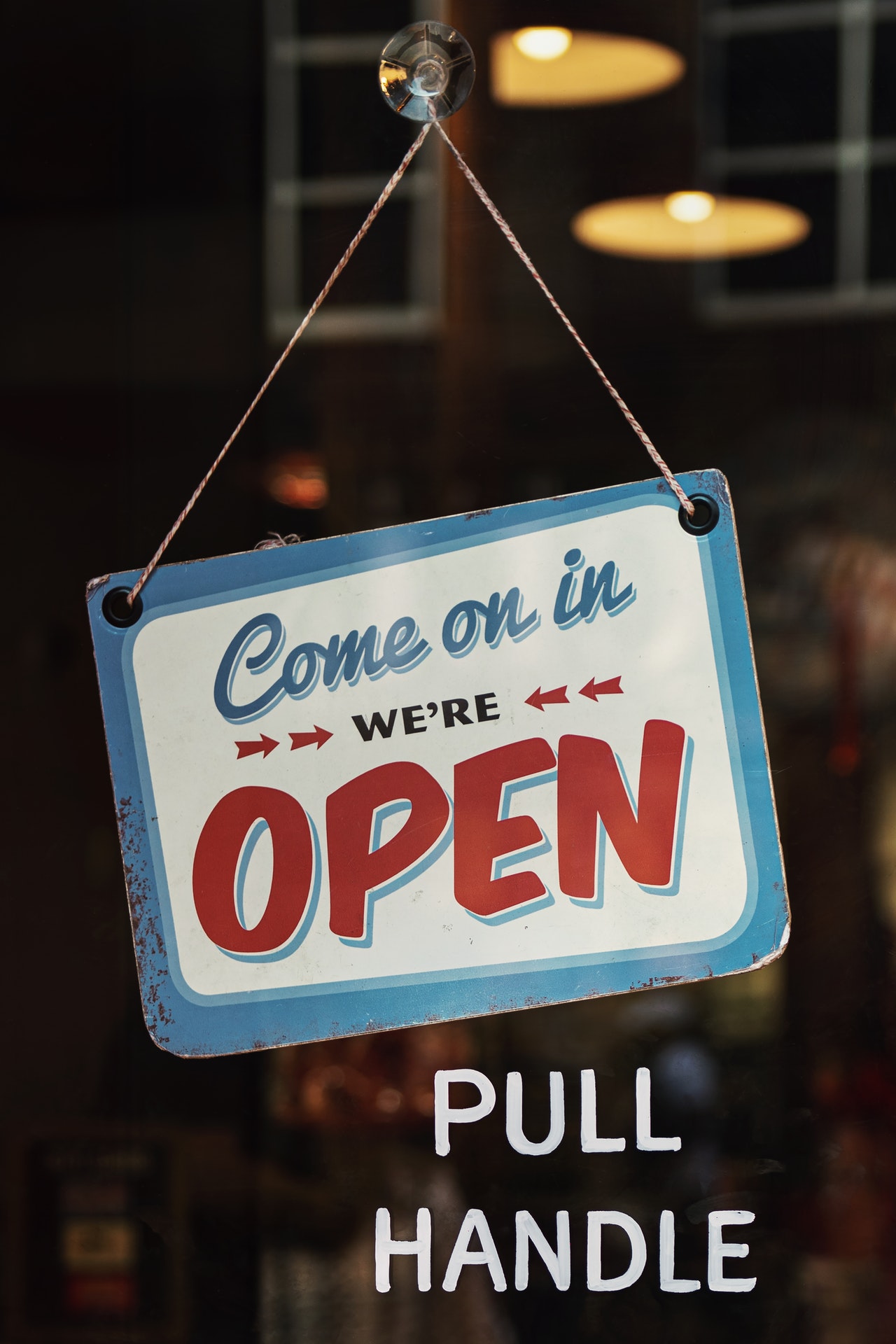Written by Thomas R. Hull, Portfolio Manager and Investment Advisor, Echelon Wealth Partners
This article is not about business strategy, although there are a number of things small business owners need to think about to avoid failure in that arena as well. In Canada, 89% of small and medium-sized businesses fail in a given year due to strategic failures. However, small businesses are more at risk of critical failure due to their size and relative reliance on the owner or specific talent roles within the company. Less than 60% of small businesses (1-4 employees) make it to year six of operation compared to 70% of large companies (50-99 employees). Here are some failure points and how you can avoid them.
A Critical Illness
One of the most damaging events to happen to small businesses results when a key person in the company, usually the owner but it could include a strategic employee, contracts a critical illness or suffers from an accident that causes a lasting disability. It is never a ‘good’ time to talk about these types of unfortunate events, but small businesses can suffer a critical failure when measures are not put in place to alleviate the effects of these events.
There are at least three different types of insurance that can help a business get past these events. If you get injured or contract a rare illness, usually your decision-making capacity remains intact, but being able to carry on the business physically can become an issue. Having bridge financing to either get an owner past the illness or allow a business to hire someone in their place can mean the difference between closing their doors and getting past the unfortunate event.
Insurance companies offer three insurance products that can provide bridge financing. They include key person, critical illness and disability insurance. As one in three women and one in two and a half men will suffer from a critical illness in their lifetime in Canada, protecting your small business is simply prudent.
Loss of a Decision Maker
Another type of a critical failure for small businesses include a catastrophic event to the same key person or persons that run the company should they become mentally incapacitated and unable to make key decisions for the company, even ones that may include winding down the business or preparing it for sale. Without a living will or Power of Attorney (POA), the owner of the small business is at risk of creating an artificial failure for the company.
A difficult conversation around mental capacity should be had. A POA and a living will allow for someone else to pick up key decisions for the decision-maker. It is important to distinguish in your POA the difference between decisions for business and personal matters. Maybe you would trust one person to make decisions for each situation, but not both.
Loss of Succession
Have you thought about how to pass on your business to the next generation? Even if you do not become ill or incapacitated, succession planning for a family or small business is a key component for their continued success. Here are just some of the questions that arise in this discussion:
- Is there a family member willing to take over the business?
- Could you sell your business?
- Do you want a one-time payout, or would you accept a percent of cash-flow over a period of time, similar to a pension?
- Is the business ready for sale?
- What are the tax implications if you sell?
- Are you willing to give up control of your company to another person?
Without a proper business succession plan in place, many issues arise in the transfer or sale of it, including tax and legal consequences for your estate or loved ones. With a succession plan, you can enjoy retirement or stay involved to help the next generation succeed.
If you have built up a successful small business and made it past the five-year mark, isn’t it time you put protections in place to ensure the continued success of your business and passion?








